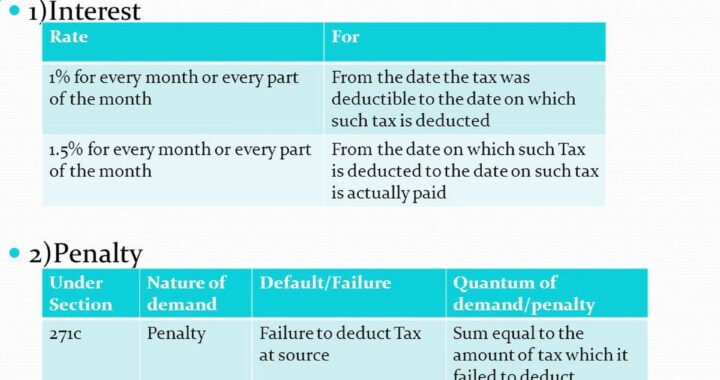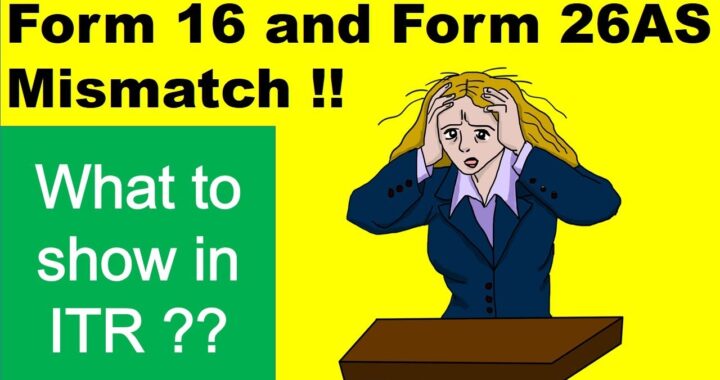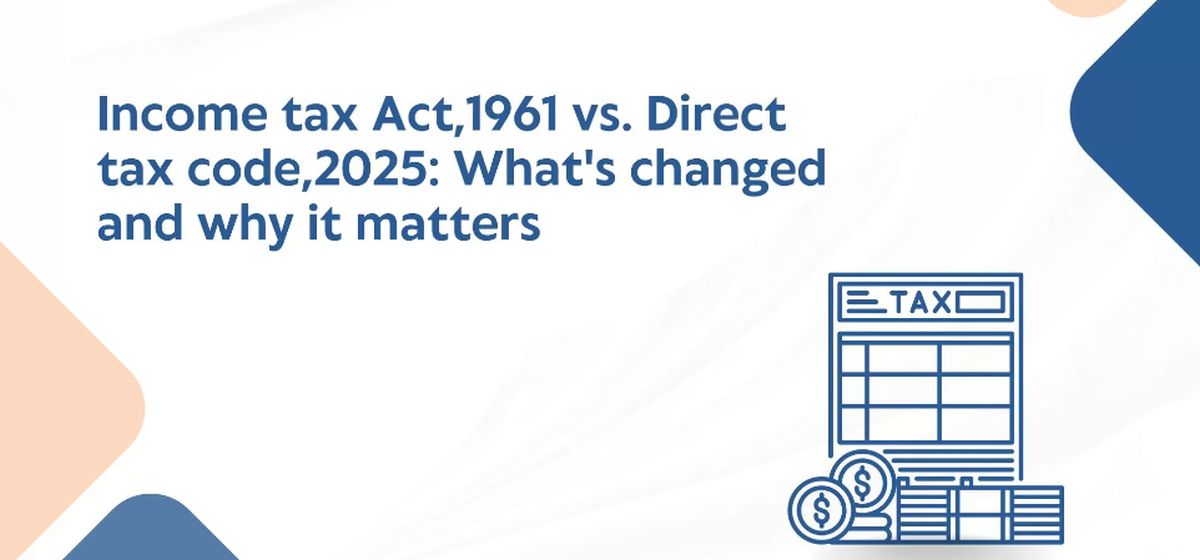Liabilities of an auditor under the Companies Act
 The Companies Act, 1956 provides that the balance sheet and profit and loss account of a company should truly state all the affairs of the company till the end of the financial year and the company should comply with the necessary accounting standards.
The Companies Act, 1956 provides that the balance sheet and profit and loss account of a company should truly state all the affairs of the company till the end of the financial year and the company should comply with the necessary accounting standards.
The auditor is appointed to find out whether proper books and accounts which are required by law have been maintained properly and whether they represent the correct view.
Appointment of auditors:
The companies in compliance with the sections 224 to 226 of the Companies Act, 1956 appoint an auditor through a general meeting. The powers and liabilities of an auditor for carrying out audit in a company are stated in section 227 of the Companies Act, 1956.
Relationship of an auditor with members of the company:
The auditor has a duty towards the shareholders of the company to safeguard their rights. An auditor has a relationship with the shareholders of the company as a body.
The audit is intended to examine the accounts maintained by the directors and should represent the true financial position of the company.
It was held by the Supreme Court in Institute of Chartered Accountants v. P.K Mukherjee, that auditors have a fiduciary relation with the shareholders of the company who are in a position of beneficiaries. A similar view was also observed in the case of CIT v. Dandekar.
Audit is also subject to rules prescribed in the Companies Act. This includes many sections governing the functions of auditors.
Right to inspect:
Section 227 of the Companies Act gives the power to the auditor to report a true view of the financial status of the company by inspecting and examining the books and accounts, balance sheet and other documents for the purpose of audit report.
The auditor can also ask for any information from any official of the company. It is obligatory on the part of the company to furnish any explanation as asked by the auditor.
Duty to Report:
Section 227 of the Companies Act provides that an auditor should make a report to the members of the company in a general meeting based on all the books and accounts, balance sheets, profit and loss statements, etc. examined. The auditor also has the duty to report to the shareholders whether the books of account have been properly kept or not.
The report should also state the following –
1. Whether the auditor has obtained all information which is to the best of his knowledge necessary for making the report;
2. Whether in his opinion all necessary documents adequate have been furnished by the company or not.
3. Whether the balance sheets and profit and loss accounts are in accordance with the income tax returns filed the company.
Liabilities of an Auditor:
An auditor must fully understand his obligations due to the fact that the reports prepared by him are likely to be relied on. An auditor must use his skill and care that the report should reflect the true financial affairs of the company.
Types of liability:
Auditors are liable for both criminal and civil offences if committed by them. The criminal liability arises when individuals or organizations breach a law imposed by the government. Criminal law governs relationships between individuals and the state. Whereas, the civil laws deal with the disputes arising between the company and other individuals.
Criminal offences:
Like any individual, auditors are also bound by the laws of the country. Under the present laws, auditors would be prosecuted for acts amounting to fraud, etc.
Criminal liability under section 507:
A significant offence as stated in the Companies Act is knowingly or negligently making a report under section 495 of the Act on the annual accounts of a company involving any matter that is false regarding any particular (section 507 of the Act). This means that auditors could be prosecuted in a criminal court for knowingly issuing an incorrect audit report.
Section 227 of the Companies Act deals with levy of penalty on the auditors for non-compliance of sections 227 and 229 along with fine if the default on the part of the auditor is willful.
An auditor is liable to compensate the loss which the company may suffer due to the negligence on his part in the performance of his duties.
If there is fraud on the part of an auditor, he will be liable. Claims may also arise if the auditor fails to detect errors that might put the company to loss.
Liability for Negligence:
In case of optional audits the auditor is liable for his negligence. If the company wishes to proceed against its auditor for his negligence, the following essentials are to be fulfilled:
1. The Company have the capacity to prove that the auditor is negligent;
2. There should be some loss due to the auditor’s negligence;
3. The loss should affect the share holders.
Penalty levied against the auditors:
1. Penalty for non-compliance of the provisions of Sections 139, 143, 144 and 145 of the Act – If an auditor contravenes the provisions contained in Section 139, Section 143, Section 144 and Section 145 of the Act, he shall be punishable with fine ranging from Rs. 25,000/- to Rs. 5, 00,000/- If an auditor contravenes such provisions knowingly to deceive the company or its shareholders, he shall be punishable with imprisonment for up to 1 year along with the fine.
2. Penalty for failure to report against fraud – As per Section 143(12), an Auditor is bound to report against fraud to the Central Government if during performing his duties as auditor, he discovers an offence involving fraud is being committed against the company by its employee(s). If he fails to comply with the duty, he shall be punishable with fine ranging from Rs. 1, 00,000/- to Rs. 25,00,000/-.
3. Penalty for professional misconduct –The National Financial Review Authority (NFRA) shall investigate any professional or other misconduct committed by an auditor. If any misconduct is proved, NFRA shall impose a penalty up to five times of the fees received for individuals and from Rs. 10, 00,000/- to ten times of the fees received, in case of firms.

 Can an assessee pay House Rent to his parents and claim relief? Would there be any legal complications?
Can an assessee pay House Rent to his parents and claim relief? Would there be any legal complications?  Boost Your Business & Reduce Taxes: A Guide to Maximizing Benefits Under Section 80JJAA
Boost Your Business & Reduce Taxes: A Guide to Maximizing Benefits Under Section 80JJAA  What is remedy to taxpayer if the Tax deductor fails to deposit the TDS or fails to file TDS Return
What is remedy to taxpayer if the Tax deductor fails to deposit the TDS or fails to file TDS Return  What is Income Tax Liability on Income from trading in Future and Options
What is Income Tax Liability on Income from trading in Future and Options  The Importance of Filing Your Income Tax Return on Time: A Financial Must-Do
The Importance of Filing Your Income Tax Return on Time: A Financial Must-Do  Is Addition made by Assessing officer on basis of mismatch between AIR and F26AS Justified
Is Addition made by Assessing officer on basis of mismatch between AIR and F26AS Justified  Major Changes Expected in Direct Tax Code 2025 and why these matter
Major Changes Expected in Direct Tax Code 2025 and why these matter